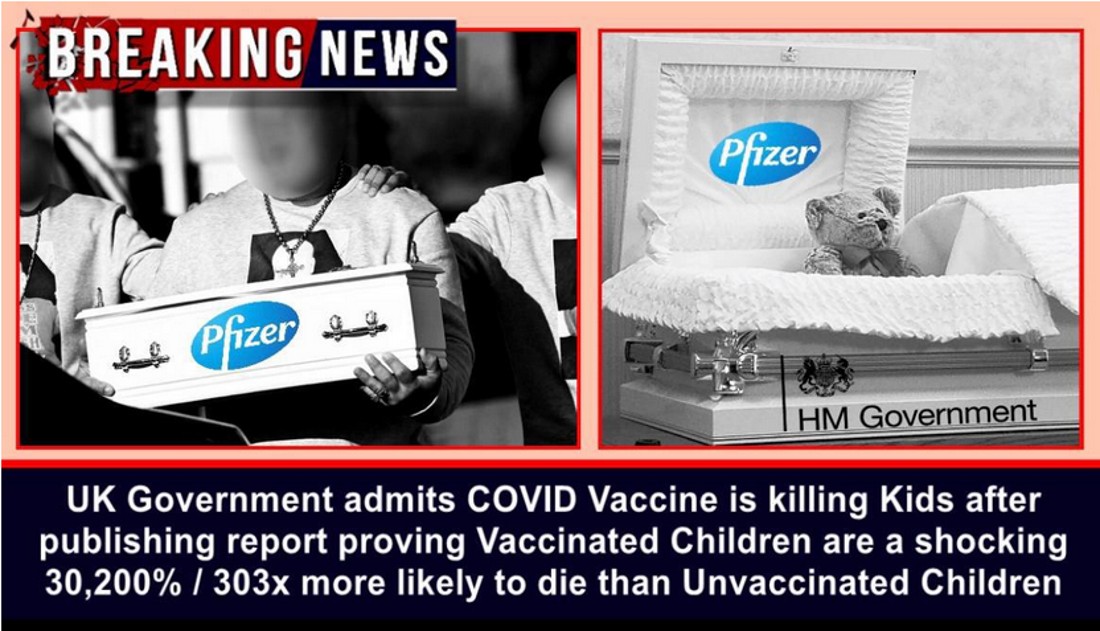by The Exposé
On June 17th 2022, the U.S. Food and Drug Administration (FDA) criminally extended the emergency use authorisation of the mRNA Covid-19 injections for use in children as young as 6 months.
There has never been an emergency in regard to Covid-19 infection among children. Two years of evidence show the alleged disease has only adversely affected the elderly and vulnerable. Children have been unlucky to suffer symptoms more severe than those associated with the common cold.
But despite this fact, the FDA has decided it is perfectly safe to administer an experimental injection to babies and toddlers, with FDA Commissioner Robert Califf saying –
“Many parents, caregivers and clinicians have been waiting for a vaccine for younger children and this action will help protect those down to 6 months of age. As we have seen with older age groups, we expect that the vaccines for younger children will provide protection from the most severe outcomes of COVID-19, such as hospitalization and death.
Those trusted with the care of children can have confidence in the safety and effectiveness of these COVID-19 vaccines and can be assured that the agency was thorough in its evaluation of the data.”
The FDA Commissioner will live to regret that last sentence. As will any parent who takes the Commissioners words at face value. Because official data from the UK’s Office for National Statistics show that Covid-19 vaccinated children are between 8,100% and 30,200% more likely to die than unvaccinated children.
On 16th May 2022, the Office for National Statistics (ONS) published a dataset containing details on ‘deaths by vaccination status in England’ between 1st Jan 2021 and 31st March 2022.
The dataset contains various tables showing details such as, ‘Monthly age-standardised mortality rates by vaccination status for deaths involving COVID-19’, and ‘Monthly age-standardised mortality rates by vaccination status for non-COVID-19 deaths’.
Here’s an example that has been taken from table 2 of the latest dataset –
READ AT THE LINK

